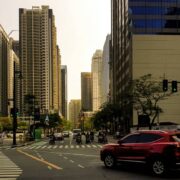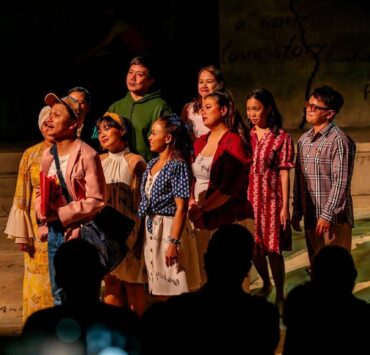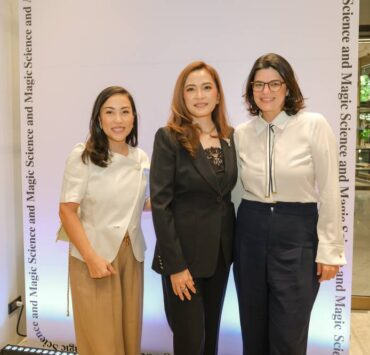Ramadan, Eid bring Muslim families, communities closer
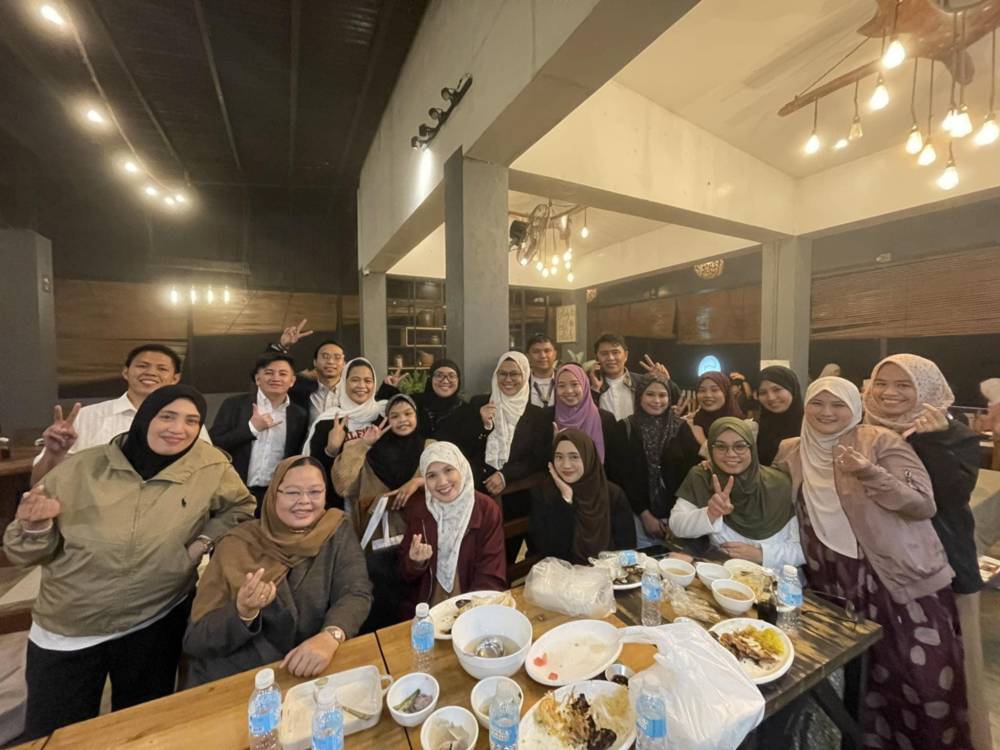
April 1 has been declared a regular holiday in celebration of Eid al-Fitr, which marks the end of the Islamic holy month of fasting called Ramadan. But the actual day of the festival will only be confirmed with the sighting of the moon.
“We’re following the lunar calendar,” says Maisara Dandamun-Latiph, a practicing Muslim. This also explains why the date of Ramadan advances approximately 10 to 12 days earlier each year in the standard Gregorian calendar.
“So, if there’s a new moon sighting on April 1, we’ll stop fasting,” she points out. Otherwise, they will continue the practice and wait for the right time.
Dandamun-Latiph, who’s chairperson of the Khadija Center for Muslim Women Studies, Inc., goes on sharing the significance of Ramadan. For starters, sawm or fasting particularly during this month is one of the five pillars of Islam. The rest are shahada (declaration of faith), salat (prayer), zakat (charity), and hajj (pilgrimage).
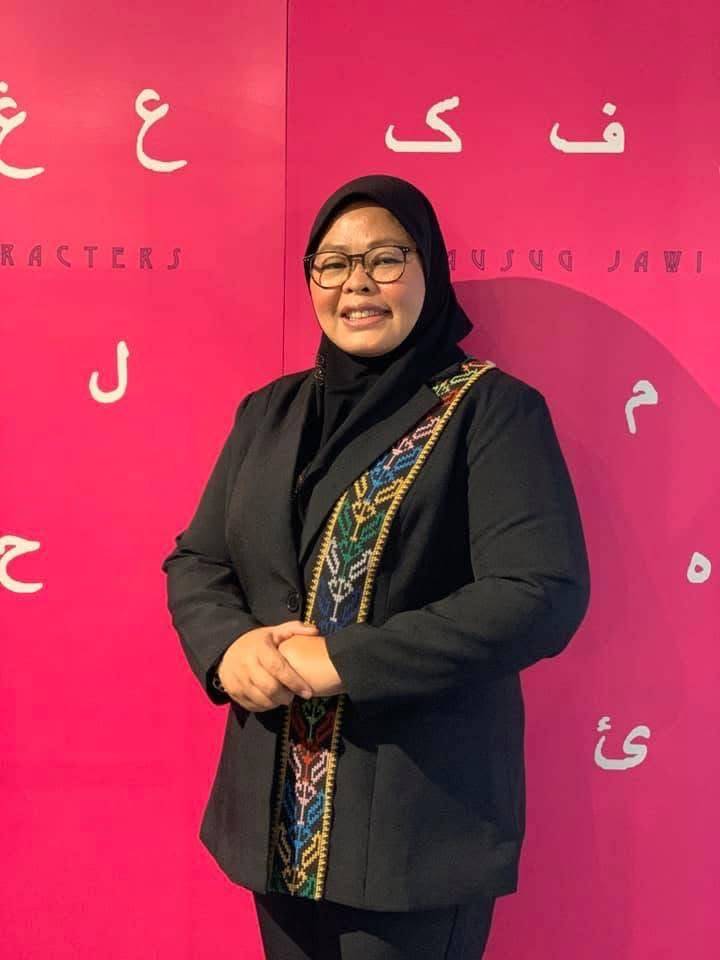
Fasting means all able-bodied Muslims must abstain from food, drink, and sexual relations from dawn until dusk. They are also expected to lessen negative thoughts and actions. The goal is to develop taqwa, which signifies a state of heightened awareness of Allah and a commitment to living under His guidance.
“When you’re hungry and you can’t eat, there’s restraint,” she explains. “You’ll have empathy for those who really don’t have anything.”
There are also Ramadan practices meant to strengthen ties within families and communities. These include the partaking of suhoor (meal eaten before dawn) and iftar (meal after sunset), going to the mosque to pray, reading the Quran together, and attending social gatherings.
Challenges, breakthroughs
Dandamun-Latiph, who was born in Metro Manila and spent her teenage years in Marawi City, agrees there are challenges in observing Ramadan in a predominantly Christian country. She encountered many of them while attending college.
“I had to tell the professor I needed to step out of class to pray,” she recalls. “They would let me and then I’d return to class. They were understanding.”
On the other hand, her classmates were shocked to know that she wasn’t taking any food or drink at daytime even during summer.
“They were worried that I wouldn’t have the strength to study and pass my exams,” she says. “So, I’d tell them that I’m used to fasting. It’s like the mind can control the body.”
There were times when she would inadvertently scare the other girls at her dormitory while performing her early morning prayers and doing some physical movements and recitations. She was even mistaken for a ghostly figure by one of her dorm mates who went screaming at 3 a.m.
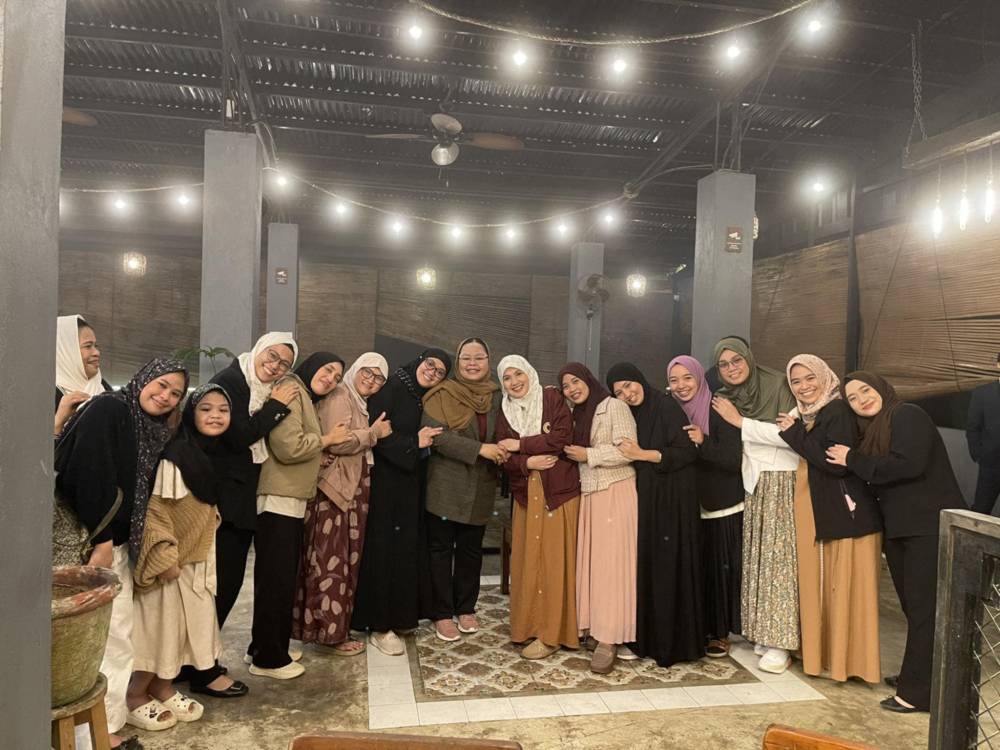
“Now, maybe those who are on a diet or intermittent fasting can relate to abstaining from food,” Dandamun-Latiph says of the popular eating pattern that supposedly helps improve health and lose weight. “According to the Quran, this had been practiced for thousands of years. So, you continue the practice of the prophets.”
More importantly, she says Muslim officials and employees are given leeway to follow Ramadan practices by adjusting their working hours. They also have more time to celebrate as Eid al-Fitr and the other Islamic festival, Eid al-Adha, have been declared national legal holidays through the enactment of Republic Act No. 9177 in 2002.
Recognition
“When that happened, we felt we really belonged to the country,” she points out. “It’s a form of recognition that, indeed, there’s a Muslim community in the country and we’re also worth celebrating together with other communities.”
Eid al-Fitr doesn’t only mark the end of Ramadan, it also signifies victory over physical desires and challenges. Muslims celebrate by wearing new clothes, giving presents, and spending time with family, just like what Christians do on Christmas day. But the festival runs for three days, with emphasis on charity work.
Eid al-Adha, on the other hand, marks the end of the hajj, the annual pilgrimage to Mecca, for those who have participated.
Dandamun-Latiph looks forward to observing the rest of Ramadan and then celebrating Eid al-Fitr with her family in Metro Manila. She recently moved back to the metro after working for a total of eight years in Mindanao at the Marawi Compensation Board (as chair), Bangsamoro Transition Authority (as member), and Bangsamoro Transition Commission (as commissioner).
“Ramadan brings family together and the community, and then [helps us] reconnect also with those who are far away from us because you need to reestablish your connection with your family,” she says.
Ramadan Kareem and Eid Mubarak!













